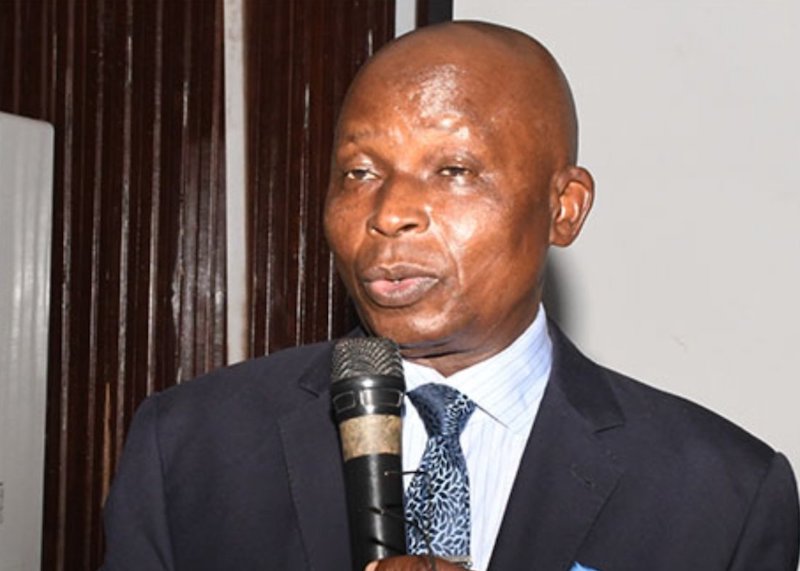
By Chimezie Godfrey
The Centre for Information Technology and Development (CITAD) has urged the Nigerian Communication Commission (NCC) to effect policy that will enable the flourishing of community networks in the country.
The Executive Director, CITAD, Dr. Y. Z. Ya’u said this on Tuesday in Abuja while briefing Journalists on the need for policy direction on community networks in Nigeria.
Dr Ya’u noted that the flourishing of Community networks will hasten digital inclusion in Nigeria.
According to him, the Concept of Community Network Increasing, both state and not state actors are realising that bridging the digital divide is not possible by treating communities as passive recipients of support or as market to be developed.
He therefore stressed that the most effective strategy is to engage the communities to identify how they can, with support from stakeholders, address their peculiar connectivity needs.
He said,”This community-driven strategy is the catalysing of the flourishing of community networks.
“Community networks provides platforms or channels for people to communicate. This communication could be between individuals, within the community or outside it.
“The NCC should come up with an appropriate policy that will encourage the flourishing of community networks in the country as a means to hasten digital inclusion in Nigeria.
“The USPF should support community networks initiatives across the country as part of its intervention to promote faster inclusion progress.
“Community network should be given license-free spectrum to use Proof of concept permit in connection.
“Community networks should be license free Institutions of higher learning such as universities should embrace and deploy community networks to both meet their community needs and to serve as experimental sites for learning and domestication technology.
“Both the NCC and USPF should establish a unit with the responsibility of coordinating their affairs with respect to community networks.
“Doing away with some component of spectrum fees in exchange for commitment to rollout in specific unserved/underserved areas as provided in the Strategic Plan of the USPF.”
Dr Ya’u stressed that the reason why community networks are slow to pick up in Nigeria is because there are no policies to guide them and government does not provide support to encourage such initiatives.
He decried the fact that there is regulatory framework that supports community networks in the country.
“The regulatory framework at the moment does not provide for community networks as distinct providers of connectivity in the country.
“Indeed, neither the NCC Act nor the USPF Act have made mention of community networks, consequently there is a lacuna as to how community networks are to be treated.
“For the moment, the few community networks are providing connectivity to underserve and unserved community by acting as point of farther distribution of connectivity provided by the main commercial players,” he said.
The Executive Director pointed out that community networks as tested across the global are seen as major tool to promote digital inclusion.
He said that both the ITU and the Internet Society have invested in experimentation and development of policy framework to support countries to integrate community networks as a tier in the telecommunication sector that would provide community-control, community-managed networks that are more affordable.
Dr Ya’u explained that the Universal Service Provision Fund (USPF) is a statutory body established to address gaps in internet accessibility in the country by focusing on supporting initiatives that will drive internet connectivity to underserved and unserved areas in the country.
According to him, the underserved and unserved areas exist largely because telecommunication market runs to where there is prospects for higher traffic and hence higher profit which poor communities or remote areas are unable to provide.
He explained that the logic of the interventions of the USPF which is based on global best practices is that since affordability is relative it is important for government to subsidise the poor to improve both their accessibility and affordability so that they are not left behind and constitute a drag to the use of digital technology to achieve national gaols such as the Sustainable Development Goals.



